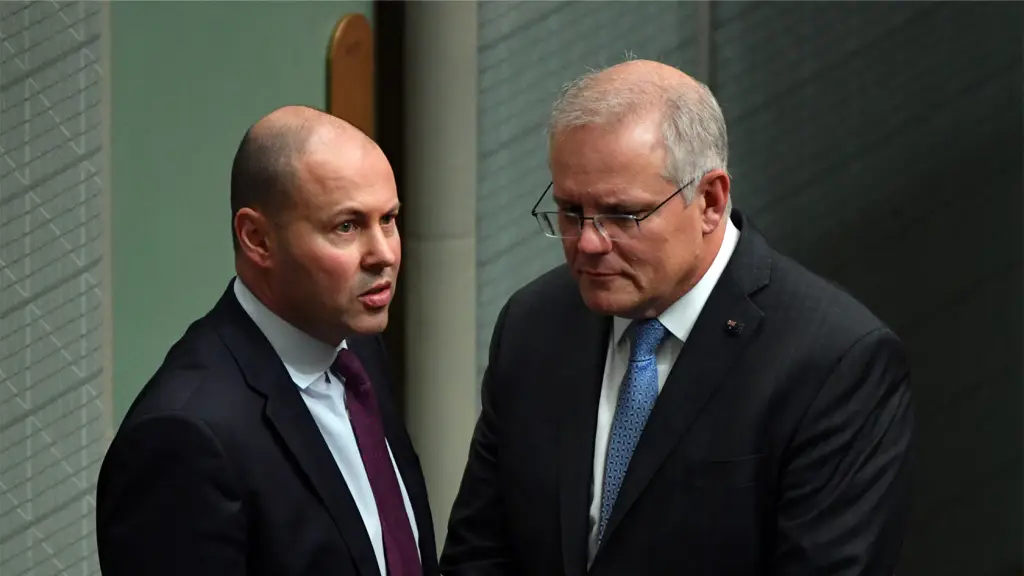
For over a decade, as traditional news outlets grappled with the challenges of a rapidly evolving digital marketplace, governments around the globe have been introducing legislation to compel major tech companies to compensate news organizations for their content. This ongoing struggle has seen tech giants like Google and Meta engage in fierce lobbying efforts to protect their interests.
Richard Gingras, Google’s former vice president of news, has been a prominent figure in this battle, advocating against such legislation in various countries. His presence in nations like Australia, Canada, and Brazil underscores the extensive reach of Google’s influence. Gingras has been involved in negotiations, parliamentary testimonies, and exclusive conferences aimed at swaying public and political opinion.
Global Lobbying Efforts
Despite differences in legislative approaches, Google and Meta have consistently opposed news bargaining laws using similar strategies. These include building relationships with media, hosting events, making private deals with publishers, and leveraging the influence of the U.S. government. A collaborative investigation by a coalition of 17 media outlets across 13 countries, including Crikey, has revealed the extent and success of these lobbying efforts.
Google, in response to inquiries about its strategies, stated, “Like many companies, we regularly engage with policymakers and others on a wide range of issues, including how policies may affect people who use our products.”
Challenges and Responses
The 2010s marked the beginning of significant challenges for Google’s public policy initiatives, particularly with the European Union’s copyright directives. These directives allowed member nations to pass laws requiring tech giants to compensate news outlets for content. Spain was among the first to enact such laws, prompting Google to remove Spanish news from its search engine in 2014.
France followed suit in 2019, demanding payments for displaying news snippets. Google’s response was to remove summaries and images from news links, leaving only headlines in search results. However, the most significant development came with Australia’s News Media Bargaining Code (NMBC) in February 2021. Although the code’s powers have never been used, the mere threat of it pushed Google and Meta to negotiate deals with media companies.
“The code addresses the bargaining power imbalances that exist between digital platforms and Australian news media businesses,” said former Australian treasurer Josh Frydenberg.
Impact on Journalism
The shift in advertising revenue from traditional media to digital platforms has severely impacted news organizations. According to Check My Ads, Google and Meta commanded significant shares of the global online advertising market in 2023. This dominance has led to shrinking newsrooms and precarious working conditions worldwide.
In Australia, the journalist workforce shrank by nearly 19% throughout the 2010s. Canada saw the closure of 566 local news outlets between 2008 and 2025, while Brazil lost 1,460 outlets since 2000. These trends highlight the dire economic pressures facing the industry.
Google’s Strategic Playbook
Facing a wave of regulatory challenges, Google and Meta have had to adapt quickly. Madhav Chinnappa, a former Google News executive, explained that the company’s strategies evolved from learning and improving its approach. “You’d actually want there to be a playbook because that gives you greater consistency,” he said.
Despite the lobbying efforts of major news corporations, their campaigns often lacked the resources and global reach of Google and Meta. In California, for instance, Google spent $10.7 million on lobbying in a single quarter of 2024, nearly 50 times its average quarterly spending since 2021.
The Future of News Compensation
As countries continue to introduce legislation addressing the relationship between news and digital platforms, the battle for fair compensation is far from over. The Swiss Federal Council recently proposed changes to copyright law, and AI companies are beginning to strike licensing deals with news outlets for content.
Australia is preparing for a legislative update to its bargaining code, with publishers and policymakers bracing for a renewed fight. “AI needs to be looked at as part of the discussion to shape the legislation,” said Andrew Schreyer, president of the Publishers’ Bargaining Alliance Country Press Australia.
Meanwhile, other jurisdictions are also considering the implications of AI on news compensation. Indonesian news outlets are optimistic about future AI deals, and Brazil has passed an AI law in the Senate, though it still faces opposition in the House of Deputies.
“The platforms will have a choice as to whether they pay a tax or give money to publishers — it should give the industry more security,” said Margaret Simons, director of the Melbourne University Centre for Advancing Journalism.
The ongoing global struggle over news bargaining codes underscores the complex interplay between technology, media, and regulation. As countries seek to balance the scales, the future of journalism and its relationship with digital platforms remains a critical issue.





